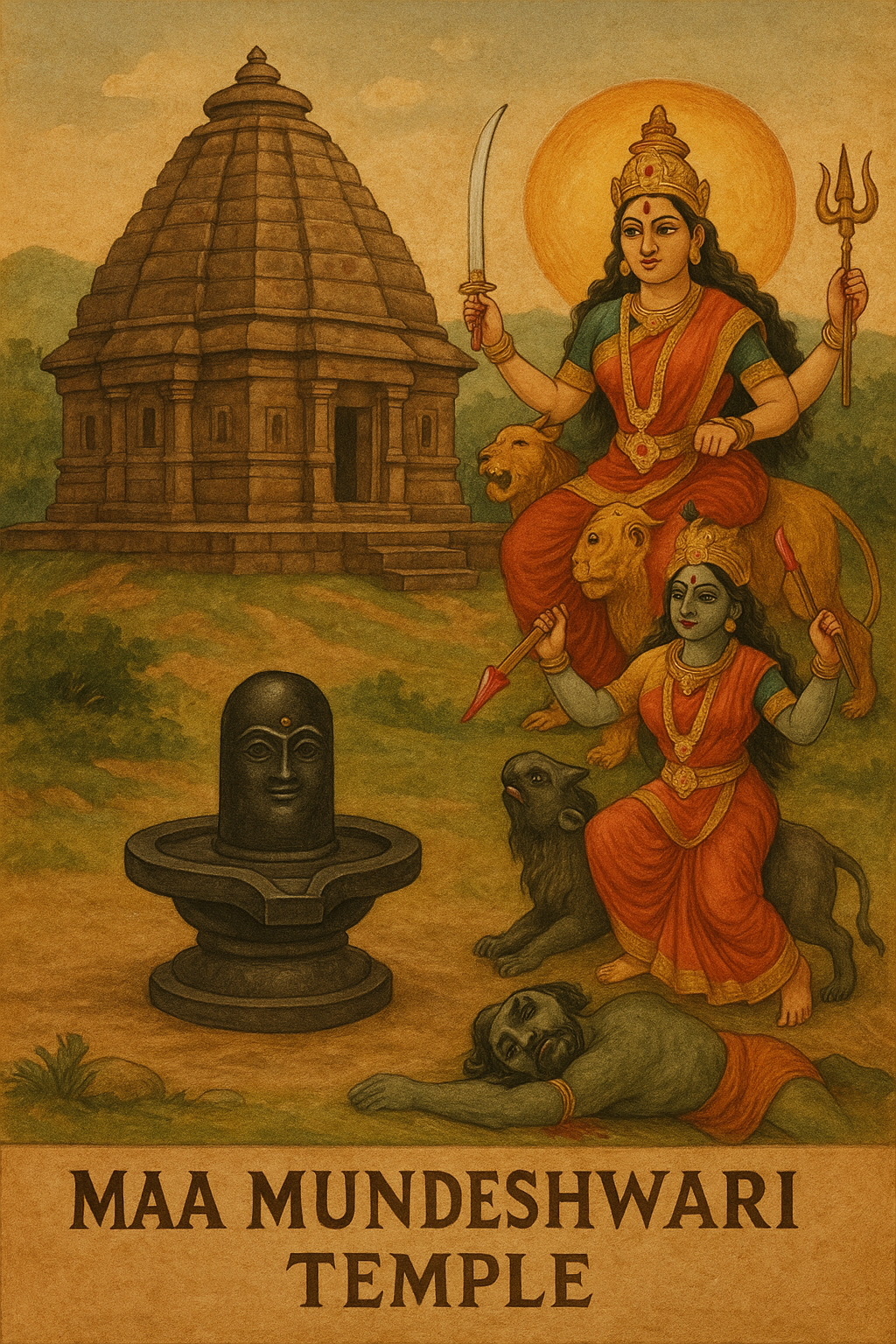
Mahatma Gandhi, born on October 2, 1869, in Porbandar, Gujarat, is one of the most influential figures in Indian history. Known as the “Father of the Nation,” his philosophy of nonviolence (ahimsa) and civil disobedience (satyagraha) played a pivotal role in India’s struggle for independence from British rule. Gandhi’s impact on India is profound and multifaceted, encompassing political, social, and cultural dimensions.
Political Impact:
Gandhi’s approach to achieving political goals through nonviolent means was revolutionary. He believed that nonviolence was not just a tactic but a way of life. His methods included peaceful protests, boycotts, and non-cooperation with the British authorities. One of the most significant events was the Salt March in 1930, where Gandhi led a 240-mile march to the Arabian Sea to produce salt, defying British laws. This act of civil disobedience galvanized the Indian population and drew international attention to the independence movement.
Gandhi’s leadership in the Quit India Movement of 1942 further intensified the struggle for independence. His call for immediate British withdrawal from India and his insistence on nonviolent resistance inspired millions of Indians to join the movement. Despite facing arrests and repression, the movement marked a crucial turning point in India’s fight for freedom.
Social Reforms:
Gandhi’s vision extended beyond political independence to social reform. He worked tirelessly to eradicate social evils such as untouchability, promote women’s rights, and improve the living conditions of the poor. He launched the Harijan Movement to uplift the Dalits (then referred to as “untouchables”) and integrate them into mainstream society. Gandhi’s emphasis on self-reliance led to the promotion of khadi (hand-spun cloth) as a symbol of economic independence and resistance against British goods.
His efforts to promote communal harmony were also significant. Gandhi believed in a united India where people of all religions and communities could coexist peacefully. He worked to bridge the gap between Hindus and Muslims, although his efforts faced significant challenges, especially during the partition of India in 1947.
Cultural Impact:
Gandhi’s influence on Indian culture and values is enduring. His principles of simplicity, self-discipline, and nonviolence continue to inspire generations. Gandhi’s life and teachings have been the subject of numerous books, films, and academic studies. His birthday, October 2, is celebrated as Gandhi Jayanti, a national holiday in India, and is also recognized as the International Day of Non-Violence by the United Nations.
Global Influence:
Gandhi’s impact was not confined to India. His principles of nonviolence and civil disobedience inspired global leaders like Martin Luther King Jr. and Nelson Mandela in their struggles for civil rights and freedom. King’s leadership in the American Civil Rights Movement and Mandela’s fight against apartheid in South Africa were profoundly influenced by Gandhi’s methods.
Legacy:
Gandhi’s legacy is a testament to the power of nonviolent resistance and the enduring relevance of his teachings. His life and work continue to inspire movements for justice, peace, and human rights worldwide. Gandhi’s emphasis on ethical living, social justice, and communal harmony remains relevant in addressing contemporary global challenges.
In conclusion, Mahatma Gandhi’s impact on India is vast and multifaceted. His contributions to the political, social, and cultural fabric of the nation are unparalleled. Gandhi’s philosophy of nonviolence and his commitment to social justice continue to inspire and guide people around the world.
Hindi:
महात्मा गांधी, जिनका जन्म 2 अक्टूबर 1869 को पोरबंदर, गुजरात में हुआ था, भारतीय इतिहास के सबसे प्रभावशाली व्यक्तियों में से एक हैं। “राष्ट्रपिता” के रूप में जाने जाने वाले गांधीजी की अहिंसा (अहिंसा) और सविनय अवज्ञा (सत्याग्रह) की विचारधारा ने ब्रिटिश शासन से स्वतंत्रता के लिए भारत के संघर्ष में महत्वपूर्ण भूमिका निभाई। गांधीजी का भारत पर प्रभाव राजनीतिक, सामाजिक और सांस्कृतिक आयामों में व्यापक और बहुआयामी है।
राजनीतिक प्रभाव:
गांधीजी का राजनीतिक लक्ष्यों को अहिंसात्मक तरीकों से प्राप्त करने का दृष्टिकोण क्रांतिकारी था। उनका मानना था कि अहिंसा केवल एक रणनीति नहीं बल्कि जीवन का एक तरीका है। उनके तरीकों में शांतिपूर्ण विरोध, बहिष्कार और ब्रिटिश अधिकारियों के साथ असहयोग शामिल थे। सबसे महत्वपूर्ण घटनाओं में से एक 1930 का नमक सत्याग्रह था, जहां गांधीजी ने नमक बनाने के लिए 240 मील की यात्रा की, ब्रिटिश कानूनों की अवहेलना करते हुए। इस सविनय अवज्ञा के कार्य ने भारतीय जनता को प्रेरित किया और स्वतंत्रता आंदोलन की ओर अंतर्राष्ट्रीय ध्यान आकर्षित किया।
सामाजिक सुधार:
गांधीजी का दृष्टिकोण केवल राजनीतिक स्वतंत्रता तक सीमित नहीं था, बल्कि सामाजिक सुधारों तक भी विस्तारित था। उन्होंने अस्पृश्यता जैसी सामाजिक बुराइयों को समाप्त करने, महिलाओं के अधिकारों को बढ़ावा देने और गरीबों की जीवन स्थितियों में सुधार के लिए अथक प्रयास किए। उन्होंने हरिजन आंदोलन शुरू किया ताकि दलितों (तब “अस्पृश्य” कहा जाता था) को मुख्यधारा समाज में शामिल किया जा सके। गांधीजी के आत्मनिर्भरता पर जोर देने के कारण खादी (हाथ से काता हुआ कपड़ा) का प्रचार हुआ, जो आर्थिक स्वतंत्रता और ब्रिटिश वस्तुओं के बहिष्कार का प्रतीक बन गया।
सांस्कृतिक प्रभाव:
गांधीजी का भारतीय संस्कृति और मूल्यों पर प्रभाव स्थायी है। उनकी सादगी, आत्म-अनुशासन और अहिंसा के सिद्धांत पीढ़ियों को प्रेरित करते रहते हैं। गांधीजी का जीवन और शिक्षाएं कई पुस्तकों, फिल्मों और शैक्षणिक अध्ययनों का विषय रही हैं। उनका जन्मदिन, 2 अक्टूबर, भारत में गांधी जयंती के रूप में मनाया जाता है और संयुक्त राष्ट्र द्वारा अंतर्राष्ट्रीय अहिंसा दिवस के रूप में भी मान्यता प्राप्त है।
वैश्विक प्रभाव:
गांधीजी का प्रभाव भारत तक सीमित नहीं था। उनके अहिंसा और सविनय अवज्ञा के सिद्धांतों ने मार्टिन लूथर किंग जूनियर और नेल्सन मंडेला जैसे वैश्विक नेताओं को उनके नागरिक अधिकारों और स्वतंत्रता के संघर्षों में प्रेरित किया। किंग के नेतृत्व में अमेरिकी नागरिक अधिकार आंदोलन और मंडेला का दक्षिण अफ्रीका में रंगभेद के खिलाफ संघर्ष गांधीजी के तरीकों से गहराई से प्रभावित थे।
विरासत:
गांधीजी की विरासत अहिंसात्मक प्रतिरोध की शक्ति और उनकी शिक्षाओं की स्थायी प्रासंगिकता का प्रमाण है। उनका जीवन और कार्य न्याय, शांति और मानवाधिकारों के लिए आंदोलनों को प्रेरित करते रहते हैं। गांधीजी का नैतिक जीवन, सामाजिक न्याय और सामुदायिक सद्भाव पर जोर देना समकालीन वैश्विक चुनौतियों का समाधान करने में प्रासंगिक बना हुआ है।
अंत में, महात्मा गांधी का भारत पर प्रभाव व्यापक और बहुआयामी है। राष्ट्र के राजनीतिक, सामाजिक और सांस्कृतिक ताने-बाने में उनके योगदान अतुलनीय हैं। अहिंसा के प्रति गांधीजी की विचारधारा और सामाजिक न्याय के प्रति उनकी प्रतिबद्धता दुनिया भर में लोगों को प्रेरित और मार्गदर्शन करती रहती है।
: World Economic Forum : Britannica : World History : National Geographic : Philosophy Institute : History
![]()
Discover more from जन विचार
Subscribe to get the latest posts sent to your email.








